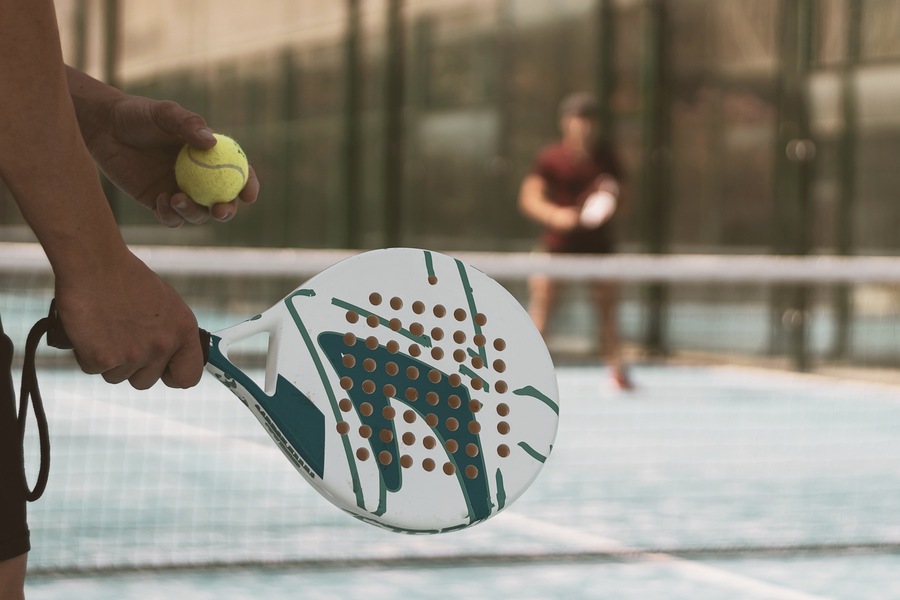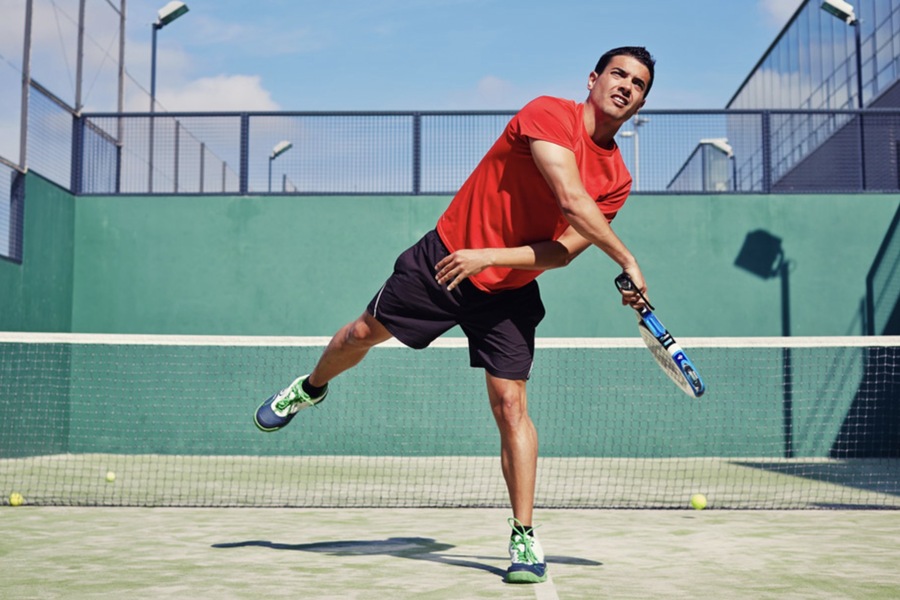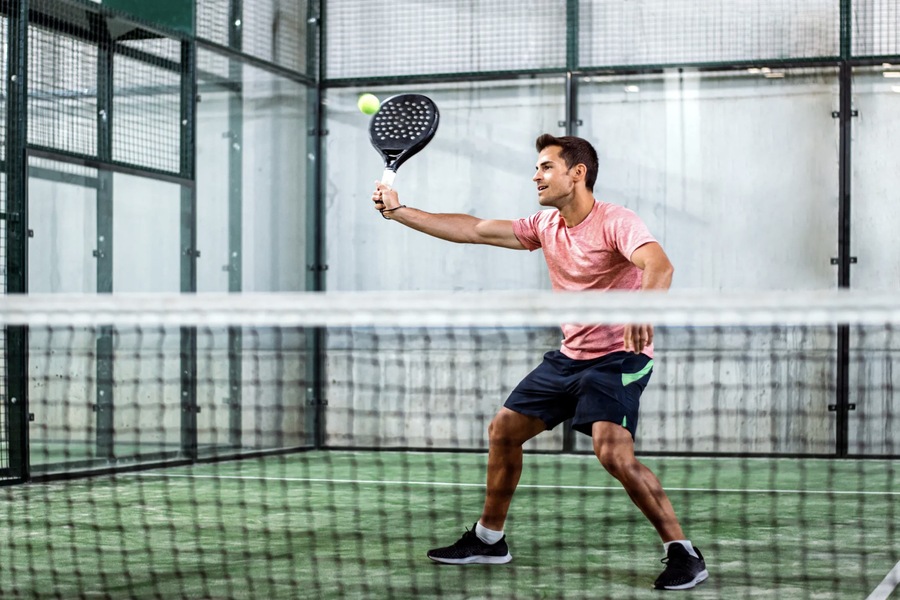Padel, a sport that combines elements of tennis and squash, has seen exponential growth in popularity worldwide. Unlike its close cousins, padel is primarily played in a doubles format, which adds layers of complexity and requires a high degree of coordination and partnership between players. Matchmaking in padel, particularly for doubles, is an evolving concept that has garnered significant attention. The process of pairing players effectively to form cohesive and competitive teams is not only an art but also a science that has been enhanced through structured coaching sessions.
The doubles format in Padel was adopted early in the sport’s history. Enrique Corcuera is often credited with formalizing padel in the 1970s in Mexico, and the doubles format quickly became the standard due to its emphasis on teamwork and strategy. The evolution of padel matchmaking has mirrored the sport’s development, with early informal pairings giving way to more structured and analytical approaches. The first-ever doubles tournament, held in the late 1980s, highlighted the unique characteristics of padel doubles tournaments, such as the need for synchronized movement, shared strategic thinking, and mutual trust between partners.
Significance of an Effective Partnership
An effective partnership in padel doubles is crucial for several reasons:
Synergy and Coordination
Successful Padel teams exhibit a high level of synergy. Partners must move in unison, anticipate each other’s actions, and complement each other’s playing styles. This coordination is often the difference between winning and losing in competitive matches.
Strategic Depth
Doubles padel matches require intricate strategies that leverage the strengths and mitigate the weaknesses of both players. Effective partnerships can execute complex strategies seamlessly.
Mental Fortitude
The mental aspect of doubles padel is significant. Players must support each other, maintain composure under pressure, and handle setbacks collectively.
Longevity and Development
Long-term partnerships allow for continuous improvement and a deeper understanding of each other’s game, leading to sustained success over time.
The Necessity of Skill Development for a Doubles Padel Match
Skill development is essential for forming and maintaining effective padel partnerships.
Balanced Skill Sets
Partners must develop complementary skills. For example, one player might excel at net play while the other is stronger at baseline defense. Structured coaching helps identify and nurture these skills.
Technical Proficiency
Both players need to possess a high level of technical skill, which can only be achieved through dedicated practice and coaching. This includes serves, volleys, smashes, and defensive lobs.
Adaptability
Players must adapt to different partners and playing styles. Skill development programs teach adaptability, making players versatile in their approach.
Strategic Awareness
Understanding the strategic elements of the game, such as positioning and shot selection, is crucial. This knowledge is honed through targeted coaching sessions.

Benefits of Structured Coaching Sessions
Structured coaching sessions offer numerous benefits that enhance padel partnerships, such as:
Skill Assessment and Improvement
Coaches can objectively assess players’ skills and identify areas for improvement. Regular assessments ensure that progress is tracked and goals are adjusted accordingly.
Personalized Training Plans
Each player has unique strengths and weaknesses. Personalized training plans focus on individual needs, ensuring balanced development within the partnership.
Consistency and Accountability
Regular coaching sessions instill a sense of discipline and accountability. Players are more likely to stay committed to their training regimen, leading to consistent improvement.
Enhancing Team Dynamics
Effective team dynamics are critical for success in a doubles padel match. Structured coaching sessions address several key aspects like:
Communication Skills
Clear and effective communication is essential in doubles padel. Coaches emphasize verbal and non-verbal communication techniques that improve coordination and reduce misunderstandings during matches.
Strategy Development
Coaches help teams develop and refine their strategies, taking into account the strengths and weaknesses of both partners. This includes positioning, shot selection, and tactical plays.
Building Trust and Cohesion
Trust between partners is fundamental. Structured coaching sessions include exercises and drills that build trust and foster a cohesive team environment.
Conflict Resolution
Disagreements are inevitable in any partnership. Coaches provide tools and techniques for resolving conflicts constructively, ensuring that they do not affect performance on the court.
Coaching Techniques and Drills
Coaches employ a variety of techniques and drills to enhance padel partnerships, including:
Technical Drills
- Serving Drills: Improving serve consistency and placement.
- Volley Drills: Enhancing reflexes and precision at the net.
- Lob Drills: Perfecting defensive and offensive lobs.
Tactical Drills
- Positioning Drills: Practicing optimal positioning and movement.
- Shot Selection Drills: Developing decision-making skills for different game scenarios.
Mental and Physical Conditioning
- Mental Toughness Training: Techniques to stay focused and composed under pressure.
- Physical Conditioning: Exercises to improve stamina, agility, and overall fitness.
Coaching Tips for Padel Partnerships
Effective coaching involves several key practices, like:
Setting Clear Goals
Establishing clear, achievable goals for the partnership helps maintain focus and direction.
Regular Feedback
Constructive feedback is essential for continuous improvement. Coaches provide regular, specific feedback on performance.
Team Bonding
Activities that promote bonding outside of training sessions can strengthen partnerships and improve on-court performance.
Role of the Coach
The coach plays a pivotal role in developing padel partnerships.
Individualized Approach
Tailoring coaching methods to the needs of each player and the partnership as a whole.
Motivation and Support
Providing motivation and emotional support, helping players stay positive and focused.
Technical Expertise
Offering technical guidance to refine skills and strategies.
Conflict Management
Helping partners navigate and resolve conflicts effectively.
Psychological Aspect of Padel Matchmaking
The psychological aspect of padel matchmaking is critical and involves:
Building Trust
Trust is the foundation of any successful partnership. Coaches work on building and maintaining trust between partners.
Managing Pressure
Techniques to manage pressure and perform well under stressful conditions are essential for competitive success.

Partner Selection Criteria
Selecting the right partner is a key component of padel matchmaking.
Complementary Skills
Partners should have skills that complement each other. For example, a strong net player paired with a solid baseline player.
Personal Compatibility
Personal compatibility is as important as playing style. Partners who get along well off the court are likely to perform better on it.
Shared Goals
Partners should have aligned goals and a similar level of commitment to the sport.
Conclusion
In conclusion, structured coaching sessions play a vital role in enhancing padel partnerships. From skill development and strategic planning to psychological conditioning and team dynamics, coaching provides a comprehensive approach to building successful doubles teams. Effective padel matchmaking, supported by structured coaching, not only improves performance but also enriches the overall experience of playing the sport. As Padel continues to grow globally, the importance of well-coached, cohesive partnerships will only increase, setting the stage for more exciting and competitive Padel matches.
By focusing on these elements, players and coaches alike can ensure that they are well-prepared to excel in the dynamic and demanding world of doubles padel.

I am happy to give reasonable advice on budgeting to people with any income level. I currently live in Portland, Oregon, and am ready to do freelance assignments and make presentations.
